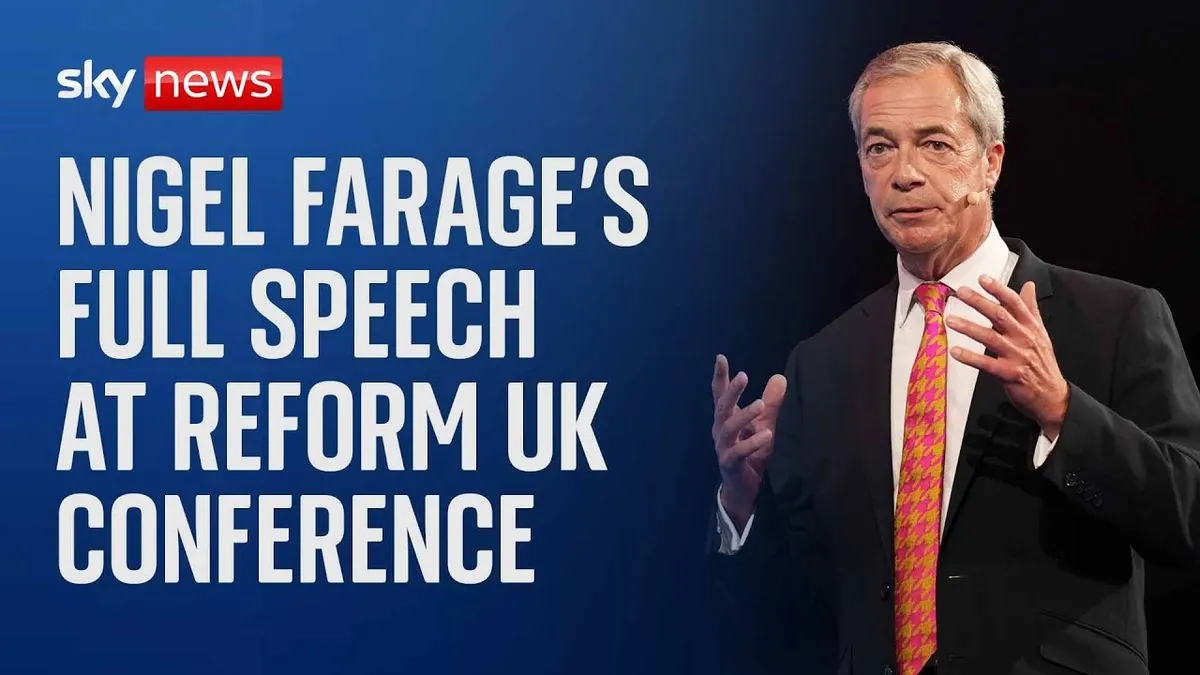Record CGT Payments as Landlords Rush to Sell Before Potential Tax Hike
Landlords paid unprecedented capital gains tax in August amid speculation of reforms. HMRC collected £197m as investors sold assets before the upcoming Budget, potentially aligning CGT with income tax rates.

In August 2024, landlords in the UK paid a record amount of capital gains tax (CGT), reaching £197 million. This surge in payments comes as investors rush to sell assets before potential tax reforms in the upcoming Budget on October 30, 2024.
HM Revenue & Customs (HMRC) reported that this figure marks the highest tax collection for August since records began in 2008. So far in 2024, landlords and investors have contributed £76 million more in CGT compared to the previous year.
The increase in CGT payments is attributed to growing speculation that Chancellor Rachel Reeves might align CGT rates with income tax bands. This potential change has prompted many asset holders to sell while current rates remain relatively favorable.

Under the existing system, higher-rate taxpayers are subject to a 24% CGT on profits from second property sales and 20% for other assets. Basic rate taxpayers pay 18% and 10% respectively. These rates have been in place since 2016, but the tax-free allowance is set to decrease in coming years.
"With many people expecting a rise in capital gains tax, there has been a surge in sales of assets in recent weeks."
The potential reforms could significantly impact various asset holders, including second-home owners, landlords, business owners, and shareholders. An analysis revealed that landlords selling properties purchased before 2005 could face tax bills of £90,000 under a reformed system, compared to the current average of £54,000.
Helen Morrissey of Hargreaves Lansdown suggested that CGT is a likely target for reforms, as the Chancellor has hinted at the need for tax increases to address a £22 billion deficit in public finances. The Labour Party's commitment to protecting "working people" from higher taxes has fueled speculation about potential CGT changes.
It's worth noting that CGT has undergone numerous changes since its introduction in 1965. The highest rate in UK history was 40%, introduced in 1988. The current system is considered complex compared to many other countries, with various exemptions and reliefs available.
As the Budget approaches, tax advisers report a surge in inquiries from middle-class investors concerned about potential CGT increases. However, a Treasury spokesperson declined to comment on tax change speculations outside of fiscal events.
The UK's CGT system has faced criticism for creating a tax gap between earned and unearned income. Think tanks, including the left-leaning Resolution Foundation, have urged the government to address this disparity, calling the lower CGT rates "unjustifiable."
As investors and landlords await the Budget announcement, the record CGT payments in August highlight the significant impact that potential tax reforms can have on investment decisions and the property market.


































